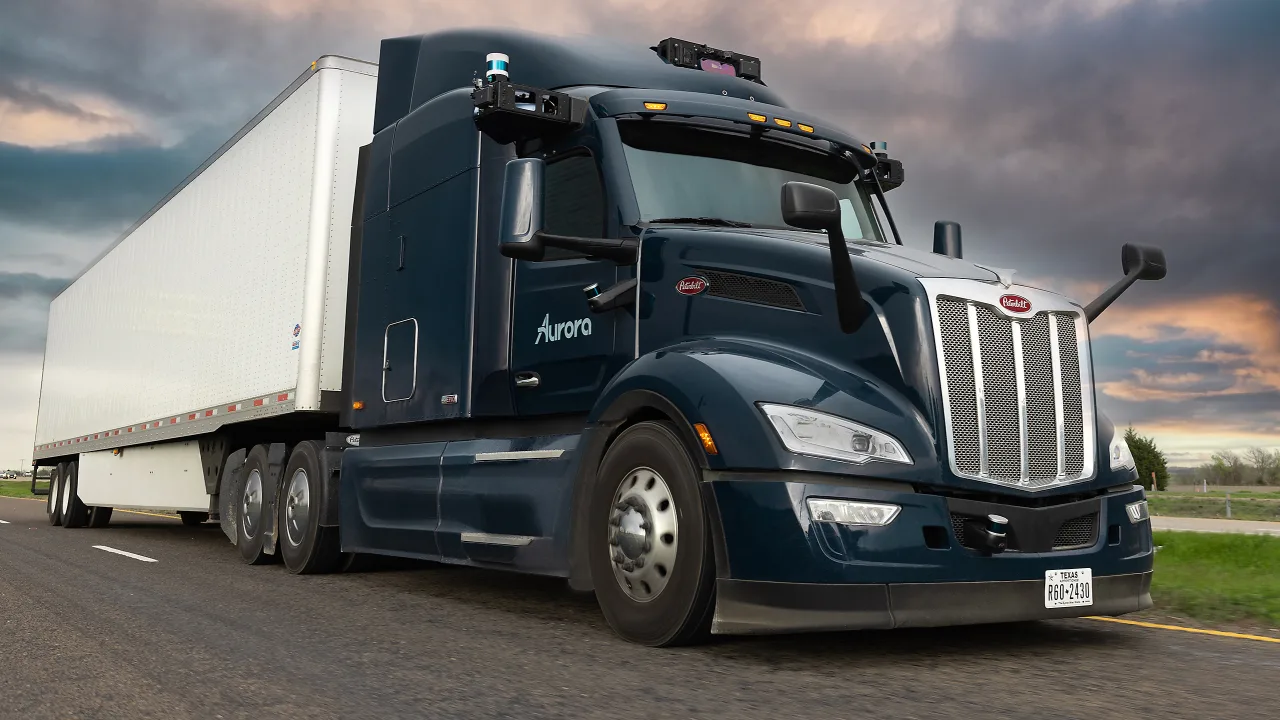
In the trucking world, innovation rarely slows down. Over the past decade we’ve seen new equipment, smarter route optimization tools, and advanced safety features transform how freight gets from point A to point B. Now, one of the most significant shifts yet is moving from test tracks into the real world: autonomous trucks.
Autonomous trucking is no longer just a concept. Companies like Aurora Innovation, Kodiak Robotics, and others are actively deploying driverless freight in places like Texas’s Permian Basin, hauling loads of frac sand and other critical goods for the energy sector. These vehicles are equipped with LIDAR, radar, and high-resolution cameras, allowing them to navigate highways and industrial routes with precision.
Most recently, Aurora announced a new partnership with McLeod Software, one of the most widely used Transportation Management Systems (TMS) in the industry. This means autonomous shipments can now be managed directly inside the same platforms shippers and brokers already use daily. It’s a clear signal that the technology is shifting from pilot projects to scalable operations.
The push for autonomy is being driven by several long-standing challenges in trucking:
For shippers, the question isn’t if autonomy will impact freight, it’s when. Early adopters are already experimenting with autonomous lanes in their networks, especially for controlled routes such as distribution centers to ports or plants to rail hubs.
Autonomous trucks could provide:
At RCS Freight, we believe technology is only part of the solution. Trust, service, and relationships remain at the heart of freight. While autonomous trucks are grabbing headlines, the freight business is still people-first. Shippers want reliability, communication, and peace of mind when moving their loads.
Our team is closely monitoring how autonomous technology evolves, including partnerships like Aurora and McLeod, and how these tools might integrate into the broader freight network. What never changes is our focus on safety, efficiency, and delivering exceptional service—whether the load is moved by a driver in the cab or by the latest technology.
The road to full autonomy will take time, and there are still hurdles to clear such as regulation, infrastructure, and public trust. But one thing is clear: autonomous trucks are no longer science fiction. They’re operating today and will shape the future of freight tomorrow.
For shippers, now is the time to stay informed, ask questions, and partner with companies that are paying attention. At RCS Freight, we’re committed to keeping our customers ahead of the curve in a rapidly changing industry.